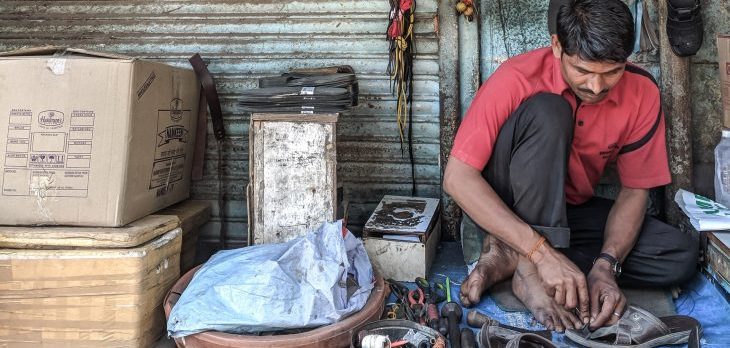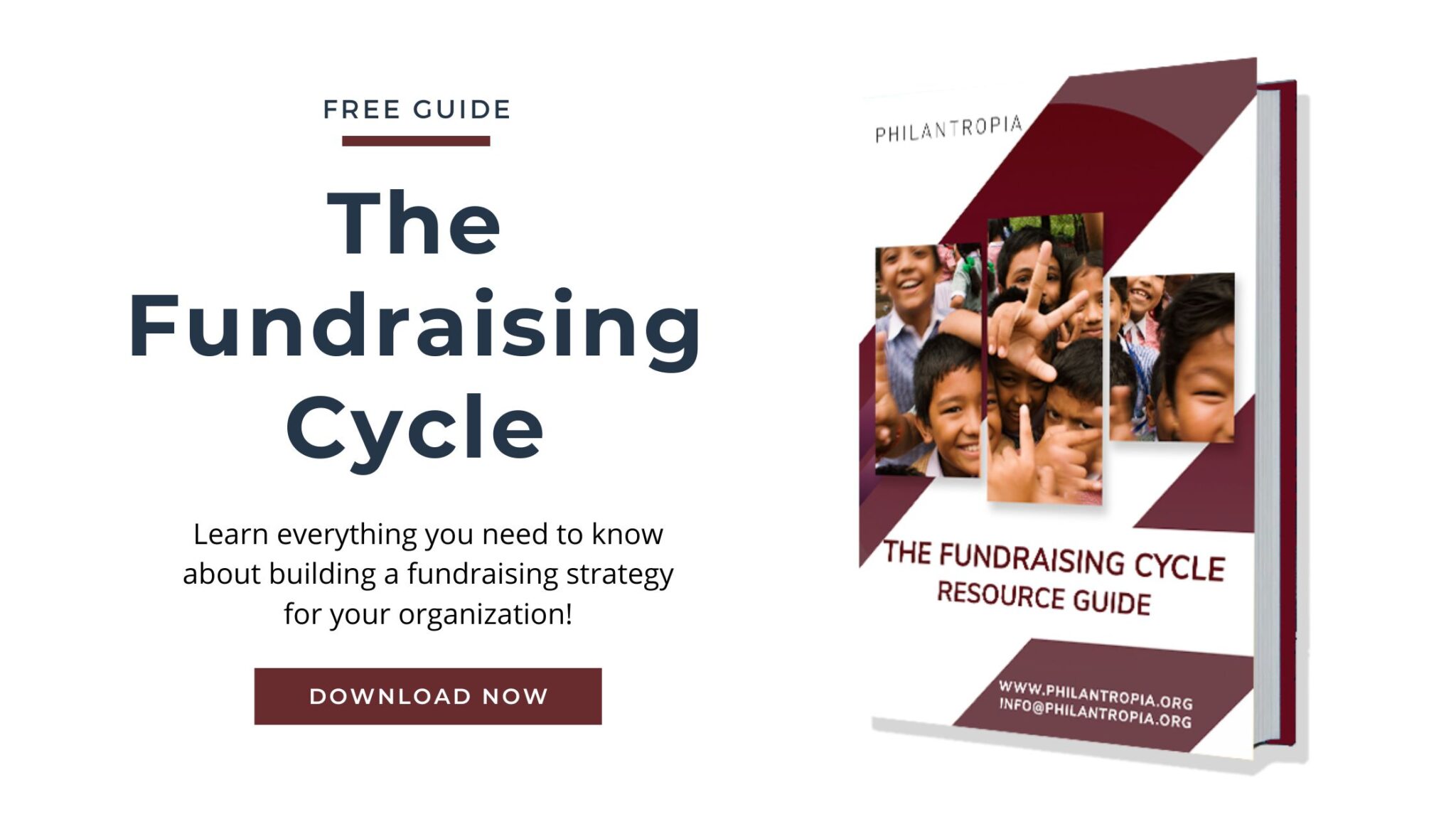Sustainability is the ability of an organization to continue its mission or program far into the future. All projects have to end eventually, but the project impact should continue.
All donors want to see how the project and its impact will outlive their direct involvement in the project. But before discussing sustainability with an existing or potential recipient of funding, review your current practices and make improvements.
- Does your (online) application form include anything on sustainability?
- Are you clearly communicating what it is you expect in this area?
- Did you ever ask for feedback from earlier recipients and make improvements based on this feedback?
A proper review of your practices will enable you to book results going forward.
Update your budget template
Many donors do not include or discourage adequate line-items covering sustainability. NGOs should be specifically requested to add budget to cover proper office space, quality computers and tools, staff training, staffing, including fundraising staff time, and communications. While it may seem these line items will be at the expense of short-term project impact, the opposite is actually the case. High capacity, well resourced NGOs will be able to plan and deliver the highest impact over time. They will also be much less reliant for their survival on a single donor.
Require a sustainability plan
Once you have decided to fund an NGO, ask them to prepare an action-oriented sustainability plan. A short plan with specific goals, that assigns tasks to certain staff and earmarks budget to do so will move it in the right direction. Make sure you have a basic template and instructions available. or be ready to support the NGO in developing such a plan.
Stress the need for continuous fundraising
Many NGOs tend to ease up on their fundraising activities once they receive a sizable grant, only reenergizing their efforts once the funding is coming to an end, by which time it is often too late to find alternatives. For fundraising to be successful, NGOs should fundraise continuously, adding donors to their portfolio of supporters and diversifying their funding mix. Donors can support this process by requiring budget lines for fundraising, quarterly reporting on efforts undertaken and donors contacted and sharing information and contacts.
Provide technical support
Many, especially grass-roots NGOs, have limited capacity to fundraise. Donors, with their funding expertise and typically larger capacity, are well positioned to support NGOs in their fundraising. Providing feedback on proposals and reports, as well as reviewing and critiquing applications and approaches to other donors can be valuable. If you fund multiple NGOs in a certain country or sector, it might also be worthwhile to have a consultant develop resource materials and guides on fundraising topics that can be shared amongst them, e.g. directories of donors and training webinars. Providing feedback on rejected proposals is also a good way to more widely support other NGOs.
Create NGO partnerships
Requiring NGOs to apply as a consortium might help them develop their capacity. Twinning high-capacity (inter) national NGOs with grass-roots local NGOs will help the larger NGOs gain better insights into local issues, as well as help the smaller NGOs in learning how to mobilize resources.
Link the NGO to other donors
Many donors are linked through personal connections or peer groups, e.g. the Human Rights Funders Group. These networks can be utilized to broaden the support to your partner NGO. instead of your NGO cold-calling the potential donor, you can make the initial referral. You can also pitch the NGO to other donors, asking for their interest in co-funding certain programs.
Be flexible
Many NGOs around the world do excellent high-quality work but have limitations when it comes to fundraising. Build some flexibility into how grant funding is utilized. Perhaps the NGO wants to send someone for training, or buy a subscription or service, or hire a local consultant to help develop a proposal. Reserving a small percentage of the budget for sustainability activities can ensure long-term viability and impact of both the NGO and its programs while furthering your goals as a donor.
Demand quality, not the lowest budget possible
Think value for money and not low cost. By squeezing every last dollar out of the available grant budget, the first thing NGOs will do is cut non-programmatic cost, including training, fundraising, administration, and tools needed for long-term sustainability. Or they will shift the cost to another donor. A great donor will find the right balance.
Communicate frequently
To understand the challenges that NGOs face it is necessary to communicate often. Setting up a quarterly Skype call can help identify issues that affect sustainability early on before the NGO finds itself in trouble. Are they applying to other donors? Are they doing the necessary donor outreach? How much budget is available and what is their cash-flow position? Do they have new donors lined up to fund future programs? These and other questions will highlight the steps and efforts needed to ensure sustainability.
Ask for Feedback
Ask your NGOs for feedback and suggestions on how to improve their sustainability and how you can help. Perhaps an annual roundtable can be convened with select grantees to better understand how things can be improved. What are your current practices and what can be done better?
Conclusions
If you want to teach a man to fish, you better be prepared to provide him a fishing rod. It is near impossible for NGOs to properly function without support for training, communications, reporting, technology, and other needed tools. It is the responsibility of the donor to not only support project activities but also the NGO entrusted with carrying the project to completion.




We are a small NGO operating within the South West Region of Cameroon. We have a well equip team but we lack experience in resource mobilization in the form of donors data base
Dear Fon: We are not able to provide you donor database.
Please check out the many resources available on our site regarding donor research and also check out our online course on Donor Research – How to find the right match and Free course on How to find 50 donors in 10 minutes.
Thank you!